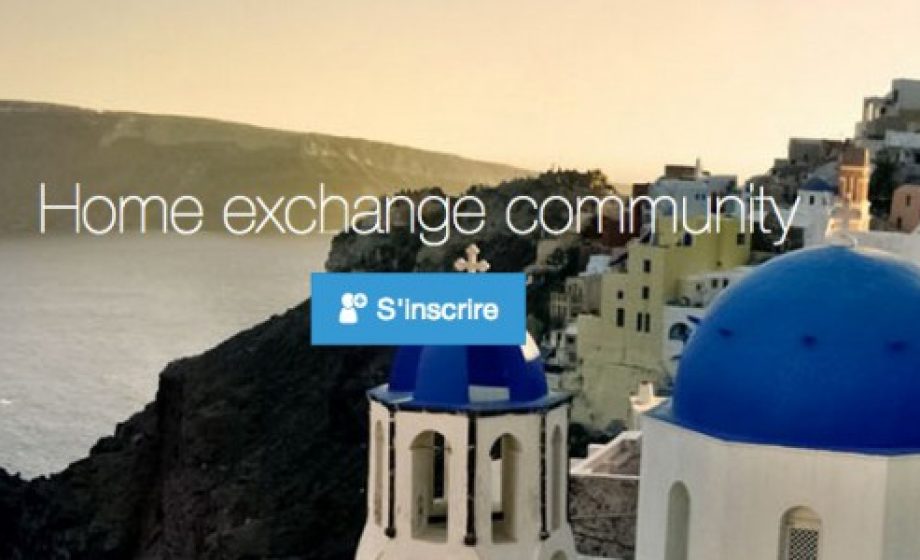 Since 2008, the travel market in numerous cities and countries around the world has been disrupted by Airbnb. Travelers around the world now look to them and their many clones to help sort their lodging needs rather than instinctively relying on the hotel sector. In the process, they’ve also helped define what we refer to today as the sharing economy. While these services have largely become the darlings of travelers, they have increasingly faced steep opposition from both governments (particularly local municipalities) and the hotel sector alike. And, more recently, Airbnb has started to come under fire by travelers as well, who are increasingly complaining about increased fees on the part of both Airbnb and hosts.
Since 2008, the travel market in numerous cities and countries around the world has been disrupted by Airbnb. Travelers around the world now look to them and their many clones to help sort their lodging needs rather than instinctively relying on the hotel sector. In the process, they’ve also helped define what we refer to today as the sharing economy. While these services have largely become the darlings of travelers, they have increasingly faced steep opposition from both governments (particularly local municipalities) and the hotel sector alike. And, more recently, Airbnb has started to come under fire by travelers as well, who are increasingly complaining about increased fees on the part of both Airbnb and hosts.
Trampolinn and the Home exchange option
There is one type of lodging option that while around for quite some time, has been underutilized up until this point by travelers and helps address some of the growing concerns around home/room rental services – home exchange. There are numerous services, with HomeExchange.com, perhaps being the most well-known. However, French startup Trampolinn is looking to take home exchange to the next level and make it the top way to travel, particularly in places like Europe where people are both increasingly mobile and cash constrained.
Trampolinn was founded just last year by Hugo Allary and Sébastien Claeys with the objective of becoming the #1 platform for home exchange. As a part of The Family, they’ve drawn 22k members to their platform in just 10 months and have established themselves as an emerging leader in the space, particularly in France. Although the home exchange space is a competitive one, they’ve managed to stand out from the pack on three key factors:
- Flexibility: they can reciprocate non-reciprocal exchanges (meaning you don’t have to stay at someone else’s place the exact same time that you stay at theirs)
- Comfort: they have wide range of approximately 10k different types of lodging available across 3k cities via their platform
- Cost: using a points based system, their service is currently free (their exploring other monetization models such as referral revenues, partnerships, etc)
The importance of the sharing economy in the travel sector is only likely to grow, particularly in regions like Europe that are going through profound economic challenges. Allary underscored this point recently stating “We’re currently observing a big change in attitudes of people who want to travel. Since the start of the economic crisis, 1 out of 2 families haven’t had the means to travel. Giving the possibility to stay for free (via home exchange), they can reduce their travel budget by approximately 70%”. The team are currently working on raising a second round of funding to fully act on this trend by expanding to new urban centers around the world and shoring-up their business model.
New features and traveler insights
Making travel as fun and seamless as possible, obviously via using Trampolinn, is also a priority for the team. They continuously seek to add new features and, as Allary recently commented to me, are looking to evolve the service with value-added partnerships and other ways to improve the travel experiences. Understanding travelers attitudes and behaviors is also an important aspect of evolving their service. They’ve recently published on their blog a travel infographic which reveals some very interesting and surprising insights about travelers, such as that London is traveler most visited location, followed by Bangkok and Paris and that Paris still retains its crown among travelers as the world’s most romantic city.

